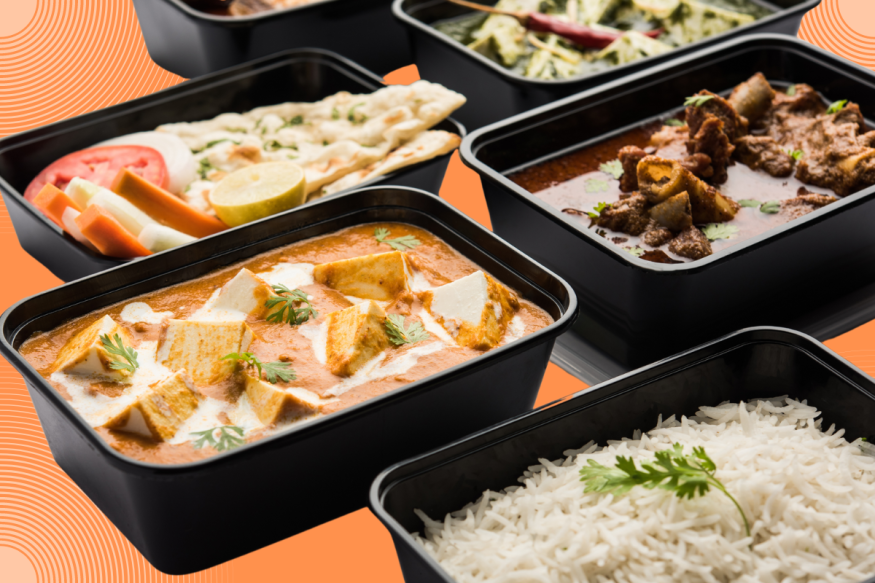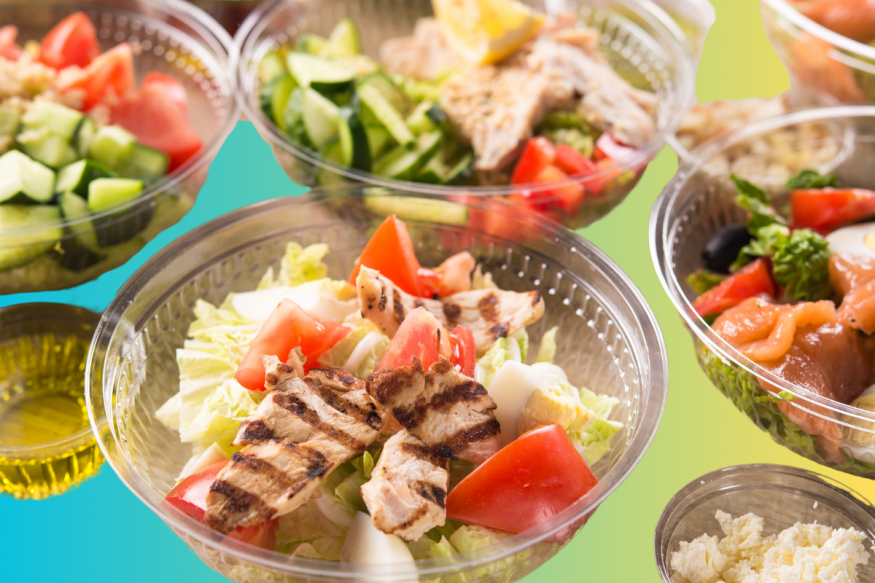
The Problem with Plastic
Plastic has become an undeniable part of our lives. From food packaging and household items to the materials used in our cars, its convenience is undeniable. However, phthalates - the chemicals used to make plastic flexible and durable - along with chemicals commonly found in plastics like bisphenols have raised major health concerns over the last few years.
Sweeping policy changes (or perhaps manufacturers could work to protect consumers better?) are needed to protect us on a border level, but all hope isn't lost. You can make some small changes for yourself and your family that will help you reduce your exposure to phthalates and bisphenols on your own.
Safer Sips and Savory Bites: Your Kitchen
The kitchen is a great place to start your plastic-reduction journey. Here are some easy swaps to make:
Embrace Food-Safe Materials: Invest in glass or stainless steel food storage containers instead of the standard plastic food storage containers. Not only are they better for your health, but they'll also last longer (better for the environment) and won't stain or absorb odors like plastic. If you absolutely must store your food in plastic, remember that heat is the enemy! Avoid microwaving plastic containers or storing hot food in them, as this can increase chemical leaching.
Fast Food Foes: We all know fast food isn't the healthiest choice, but limiting it becomes even more important when considering plastic exposure. Studies have shown higher levels of phthalates in fast food, possibly due to vinyl gloves used in preparation.
Fresh is Best: Prioritize unpackaged fruits and vegetables and choose minimally processed foods whenever possible. This minimizes the chance of contact with plastic packaging and any associated chemicals.
Kitchen Tool Time: Swap out your plastic utensils and cooking tools for wood, stainless steel, or silicone alternatives. Chopping on plastic can generate microplastics, so make sure to get rid of (please recycle!) any plastic cutting boards that may be lying around. Swap these out for wood or silicone to avoid creating your own plastic particle food contamination at home.
Hydrate Smart: Invest in a reusable glass or stainless steel water bottle. Not only will you be reducing plastic waste, but you'll also be eliminating the risk of chemicals leaching from plastic bottles. Bonus points for carrying a reusable straw to avoid plastic straws altogether.

Beyond the Kitchen: Reducing Exposure in Your World
You probably already know it, but it's worth noting that our exposure to plastics and the nasty chemicals associated with them goes way beyond our food. Here are a few quick tips on what you can do to minimize the amount of phthalates and bisphenols in your daily life:
Go Fragrance-free: Fragrances often contain phthalates as a solvent. By opting for fragrance-free soaps, cosmetics, and cleaning products, you can reduce your exposure to these sneaky endocrine disruptors.
Breathe Easy: Because phthalates can even show up as household dust, try to open your windows regularly - especially when vacuuming - to reduce the levels that you may be breathing in inside your home.
Refuse Receipts: Choose digital receipts whenever possible. Thermal paper receipts often contain bisphenols - something you don't want absorbing into your skin.
Vinyl Alternatives: Look for alternatives to vinyl products like shower curtains, flooring, and car interiors, as vinyl is a common source of phthalates.
Small Steps, Big Impact
By making these small changes in your kitchen and home, you can significantly reduce your exposure to microplastics and plastic chemicals. Remember, every little bit counts! Not only will you be creating a healthier environment for yourself and your family, but you'll also be contributing to a more sustainable future by reducing plastic waste.









